News
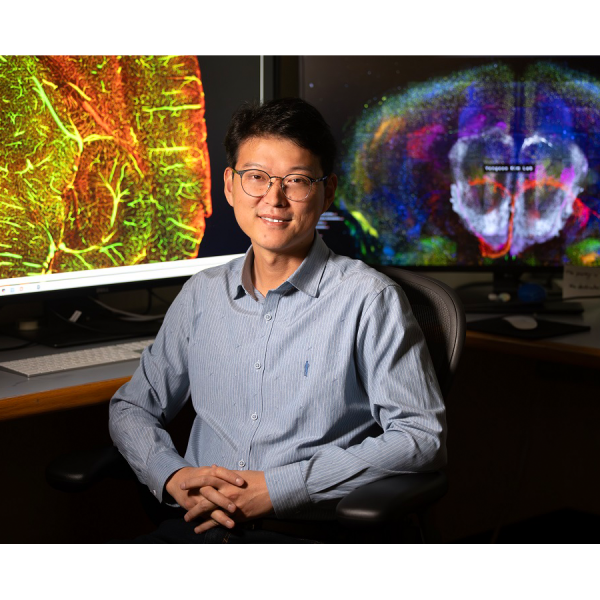
Jan 23, 2025
$17.9M NIH grant to research neurodevelopment disorders
Illuminating key biological pathways that underlie neurodevelopmental and psychiatric disorders, such as autism spectrum disorder and attention deficit hyperactivity disorder, is the goal of a new five-year, $17.9 million grant from the National Institutes of Health’s National Institute of Mental Health to a national team of researchers.
Full Article
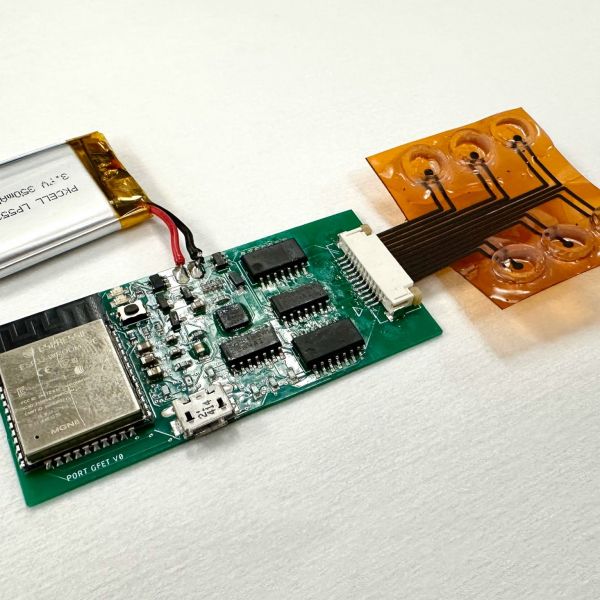
Jan 22, 2025
Biosensing platform simultaneously detects vitamin C and SARS-CoV-2
Penn State engineering researchers have developed a portable and wireless device to simultaneously detect SARS-CoV-2, the virus that causes COVID-19, and vitamin C, a critical nutrient that helps bolster infection resistance, by integrating commercial transistors with printed laser-induced graphene.
Full Article

Jan 21, 2025
Feb. 5 lecture to discuss how sleep health affects daily life, long-term health
Orfeu Buxton, Elizabeth Susman Professor of Biobehavioral Health, will present the 2025 Pattishall Research Lecture
Full Article
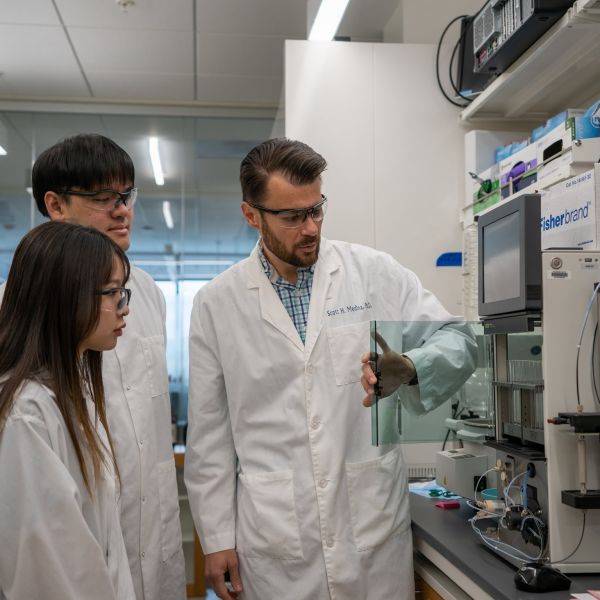
Jan 17, 2025
Discovery could eliminate need to refrigerate vaccines and protein-based drugs
A new storage technique can keep protein-based drugs and vaccines stable without keeping them cold. The discovery, led by researchers at Penn State, could eliminate the need for refrigeration for hundreds of life-saving medicines like insulin, monoclonal antibodies and viral vaccines.
Full Article

Jan 06, 2025
Fourth annual Big Ten Neuroscience Symposium to convene at Penn State
The Penn State Neuroscience Institute, through the Huck Institutes of the Life Sciences and the Penn State College of Medicine, will host the Big Ten Neuroscience Annual Meeting on July 21 and 22 at the Nittany Lion Inn in State College.
Full Article
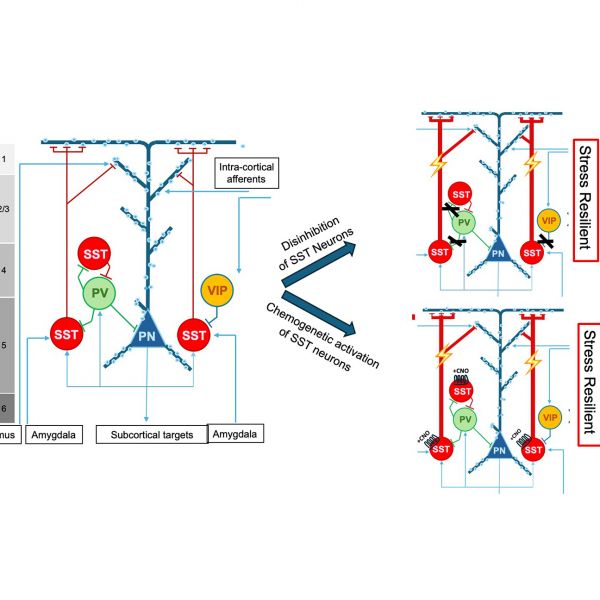
Dec 17, 2024
Brain regions that relieve effects of chronic stress in mice differ based on sex
In two new studies, researchers made mice resilient to stress by activating neurons in different brain regions and found that the changes involved are highly sex-specific
Full Article

Dec 16, 2024
Two Huck graduate students receive American Heart Association fellowships
Two Huck graduate students awarded individual 2-year American Heart Association fellowships.
Full Article
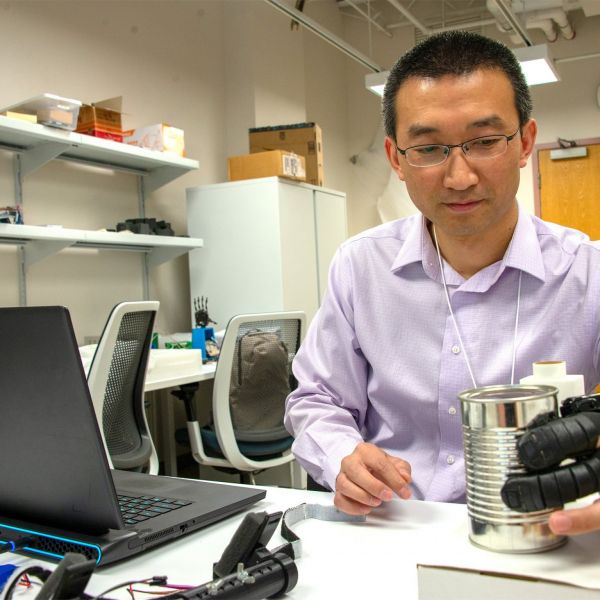
Dec 17, 2024
Person-centered, bio-inspired research leads to improved control of prosthetics
Penn State researcher focuses on creating wearable assistive robotic systems for people with limited use of their limbs, especially their hands, with the goal of the user intuitively controlling the systems and devices on which they rely.
Full Article

Dec 12, 2024
Center for Socially Responsible AI awards seed funding to seven diverse projects
The Penn State Center for Socially Responsible Artificial Intelligence (CSRAI) has announced the results of its most recent seed-funding competition.
Full Article
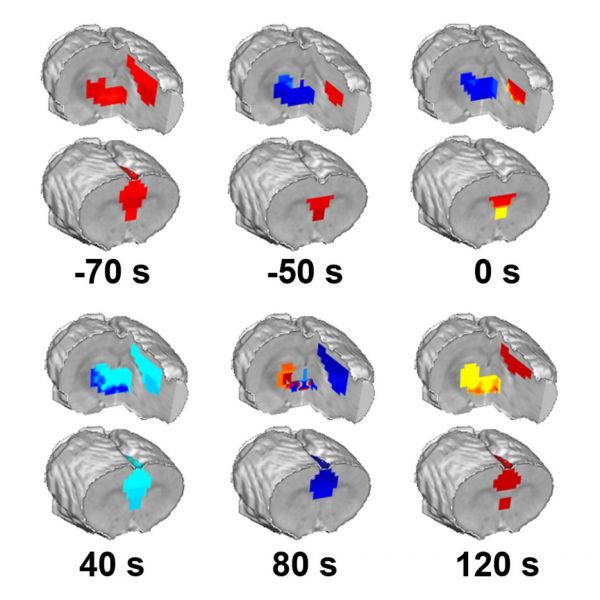
Dec 11, 2024
Brain mechanisms underpinning loss of consciousness identified
Rapid activity in three brain regions appears to trigger loss of consciousness, researchers at Penn State find.
Full Article